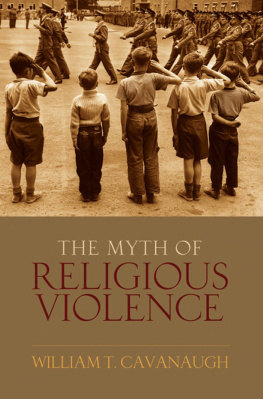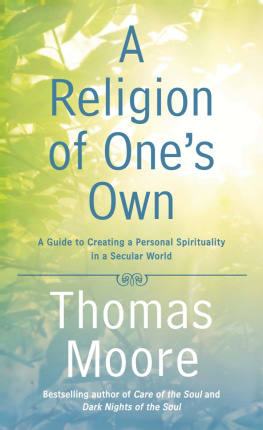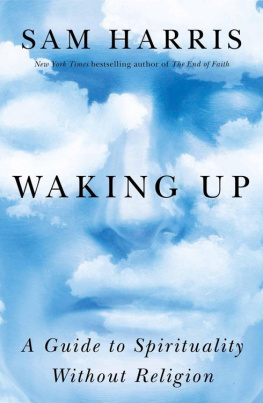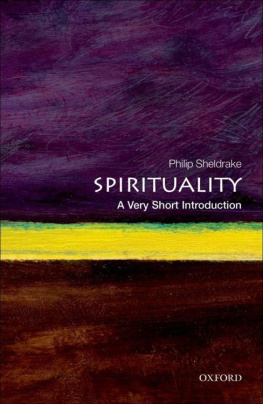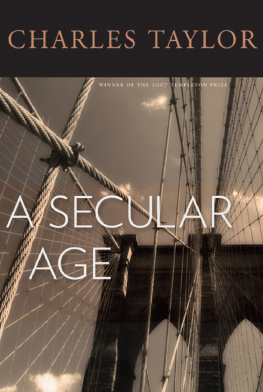Secular Societies, Spiritual Selves?
Secular Societies, Spiritual Selves? is the first volume to address the gendered intersections of religion, spirituality and the secular through an ethnographic approach.
The book examines how spirituality has emerged as a relatively silent category with which people often signal that they are looking for a way to navigate between the categories of the religious and the secular, and considers how this is related to gendered ways of being and relating. Using a lived religion approach the contributors analyse the intersections between spirituality, religion and secularism in different geographical areas, ranging from the Netherlands, Portugal and Italy to Canada, the United States and Mexico. The chapters explore the spiritual experiences of women and their struggle for a more gender equal way of approaching the divine, as well as the experience of men and of those who challenge binary sexual identities advocating for a queer spirituality.
This volume will be of interest to anthropologists and sociologists as well as scholars in other disciplines who seek to understand the role of spirituality in creating the complex gendered dynamics of modern societies.
Anna Fedele is Senior Researcher at the CRIA-Instituto Universitrio de Lisboa (ISCTE-IUL), Portugal. Her research focuses on the intersections of gender and religion with a particular interest for ritual creativity and pilgrimage. She has done fieldwork in Southern Europe and Latin America about holistic spiritualities and Catholicism.
Kim E. Knibbe is Associate Professor of Anthropology and Sociology of Religion at Groningen University, the Netherlands. She is currently directing the project Sexuality, Religion and Secularism (funded by the Netherlands Foundation for Research, NWO). Previous research focused on Catholicism and spirituality in the Netherlands and on Nigerian Pentecostalism in Europe and the Netherlands.
Gendering the Study of Religion in the Social Sciences
Editors
Anna Fedele (CRIA-Instituto Universitrio de Lisboa, ISCTE-IUL)
Kim Knibbe (University of Groningen)
Kristin Aune (Coventry University)
Laurel Zwissler (Central Michigan University)
Editorial board
Alberta Giorgi (University of Bergamo)
Andrea Peto (Central European University)
Anna Clot (University of Barcelona)
Dorota Hall (Polish Academy of Sciences)
Jelle Wiering (University of Groningen)
Sariya Cheruvallil-Contractor (Coventry University)
Syed Adnan Hussein (St. Mary's University in Haliax, Canada)
Titles Include
Secular Societies, Spiritual Selves?
The Gendered Triangle of Religion, Secularity and Spirituality
Edited by Anna Fedele and Kim E. Knibbe
For more information about the series, please visit:https://www.routledge.com/anthropology/series/GSRSS
First published 2020
by Routledge
2 Park Square, Milton Park, Abingdon, Oxon OX14 4RN
and by Routledge
52 Vanderbilt Avenue, New York, NY 10017
Routledge is an imprint of the Taylor & Francis Group, an informa business
2020 selection and editorial matter, Anna Fedele and Kim E. Knibbe; individual chapters, the contributors
The right of Anna Fedele and Kim E. Knibbe to be identified as the authors of the editorial material, and of the authors for their individual chapters, has been asserted in accordance with sections 77 and 78 of the Copyright, Designs and Patents Act 1988.
All rights reserved. No part of this book may be reprinted or reproduced or utilised in any form or by any electronic, mechanical, or other means, now known or hereafter invented, including photocopying and recording, or in any information storage or retrieval system, without permission in writing from the publishers.
Trademark notice: Product or corporate names may be trademarks or registered trademarks, and are used only for identification and explanation without intent to infringe.
British Library Cataloguing-in-Publication Data
A catalogue record for this book is available from the British Library
Library of Congress Cataloging-in-Publication Data
A catalog record has been requested for this book
ISBN: 978-0-8153-4975-4 (hbk)
ISBN: 978-0-429-45692-3 (ebk)
To all those who struggle to combine care (including self-care) with the demands of academic careers
To the memory of Gianfranco Fedele (19312020). Per aspera ad astra.
Kristin Aune is Professor of Sociology of Religion at the Centre for Trust, Peace and Social Relations, Coventry University, and Vice President of the International Association for the Study of Religion and Gender. Her research focuses on religion, gender and higher education, and she has published widely, including in the journals Men and Masculinities, Gender & Society, Religions and Social Compass (a 2017 special issue on Is secularism bad for women?). Her books include (with Sharma and Vincett) Women and Religion in the West: Challenging Secularization (Ashgate, 2008) and (with Redfern) Reclaiming the F Word: Feminism Today (Zed, 2013). Her current research projects are on modest fashion in UK womens working lives (funded by the UKs Arts and Humanities Research Council) and tackling religion-based hate crime on the multi-faith campus (funded by the UK governments Office for Students).
Irene Becci has been a professor at the Institute for the Social Scientific Study of Contemporary Religion, University of Lausanne since 2012. She has studied in Lausanne, Rome, Florence and New York, and holds a PhD in social and political sciences from the European University Institute. In her post-doctoral years she has been doing research and teaching at the Max-Planck Institute for Social Anthropology in Halle/S., at Bielefeld and Potsdam University, Germany. In her research she focuses on religious diversity and new spiritual practices in particular settings, such as prisons, urban spaces and ecological activism, with a particular attention given to gender. Together with Olivier Roy she has published Religious Diversity in European Prisons Challenges and Implications for Rehabilitation (Springer, 2015). Her publications can be found among others in Archives des sciences sociales contemporaines, Critique internationale, Social Compass, Tsantsa, Journal of Religion in Europe and Women's Studies.
Rene de la Torre has been Professor of Anthropology at the CIESAS Occidente, in Guadalajara, Mexico, since 1993. She is a member of the National Research System (SNI-level III) and the Academy of Science in Mexico. She has a PhD in social science, with a speciality in social anthropology. She has specialized in the study of religious change in Mexico, the changes in Catholicism, spiritual movements, religious pluralism and secularism, the transnationalization of Aztec dance. Her recent publication include New Age in Latin America: Popular Variations and Ethnic Appropriations (Brill, 2016) and Mismos pasos y nuevos caminos: Transnacionalizacin de la danza conchero azteca (CIESAS, 20172018).
Manli Farahmand holds a PhD in Anthropology of Religions, specialized in Central America religious phenomena, transnational studies and contemporary religious movements. She completed a joint PhD (University of Lausanne/University of Ottawa), based on a multi-sited ethnography project, investigating the encounter between Maya revival movements and New Age spiritualities. She was the 2017 local coordinator for the International Society for the Sociology of Religion (ISSR) in Lausanne, as well as the 2019 Programme Chair for the ISSR Conference on The Politics of Religion and Spirituality in Barcelona. She is now preparing her post-doctoral research and habilitation on the dynamics of ritual and embodiment in contemporary religion and spirituality.

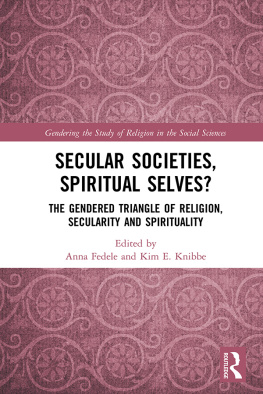

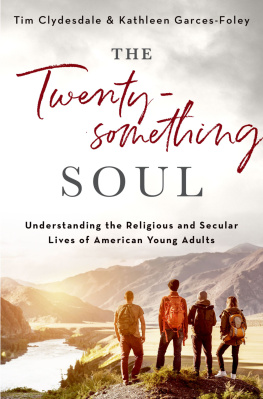
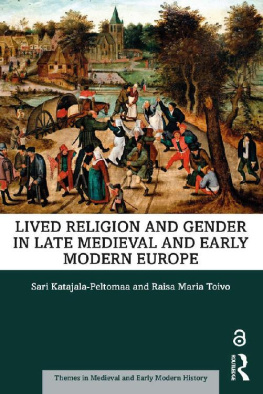
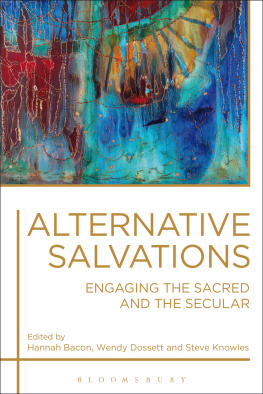
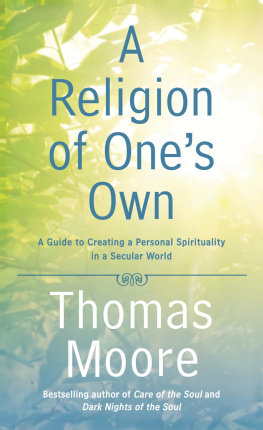
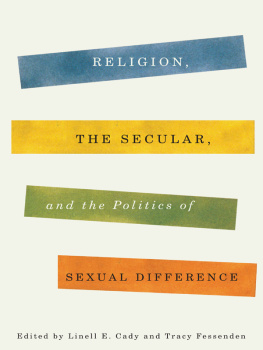
![Blackford - Freedom of religion [and] the secular state](/uploads/posts/book/167779/thumbs/blackford-freedom-of-religion-and-the-secular.jpg)
